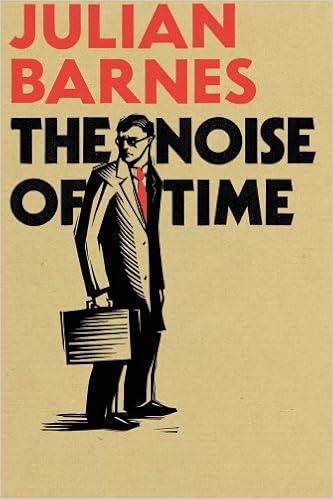 |
The Ant and the Grasshopper |
"The fable concerns a grasshopper (in the original, a cicada) that has spent the summer singing while the ant (or ants in some versions) worked to store up food for winter. When that season arrives, the grasshopper finds itself dying of hunger and begs the ant for food. However, the ant rebukes its idleness and tells it to dance the winter away now."I met some ants in the land of the grasshoppers. The latter were exuberant and showy, artistic and theatrical. By comparison, the ants were low-key and drab, even boring.
I asked an ant why his kinfolk gave the grasshoppers such a hard time:
"You say that when winter comes, the grasshoppers will starve while you have all worked hard and conscientiously, and put stores aside for the bad times. But here, in grasshopper land, there is no winter.The ant had no idea what I was talking about, but was very sure that I had condemned myself out of my very own mouth as an enemy of the people.
"You are parochial, judging solely by your own standards which don't happen to apply here. You judge the grasshopper to be a very poor ant who needs to try harder, but don't you see? Here, you ants are very poor grasshoppers."
---
I have just read Julian Barnes' latest novel, "The Noise of Time" which recounts the savage lifelong treatment of Dmitri Shostakovich in Stalinist Russia.
It's not hard to identify with the protagonist, a shy intellectual who spends his life in chronic anxiety, intermixed with episodes of extreme terror. Not at all without cause. The author is empathically non-judgemental - we who have not been tested - but there is always the illusion of the introvert, that statements and actions made with self-consciously ironic intent will be understood that way, at least by those around us capable of such understanding. Barnes reminds us: not so.
But the elaborated fable above is not solely about that.

No comments:
Post a Comment
Comments are moderated. Keep it polite and no gratuitous links to your business website - we're not a billboard here.